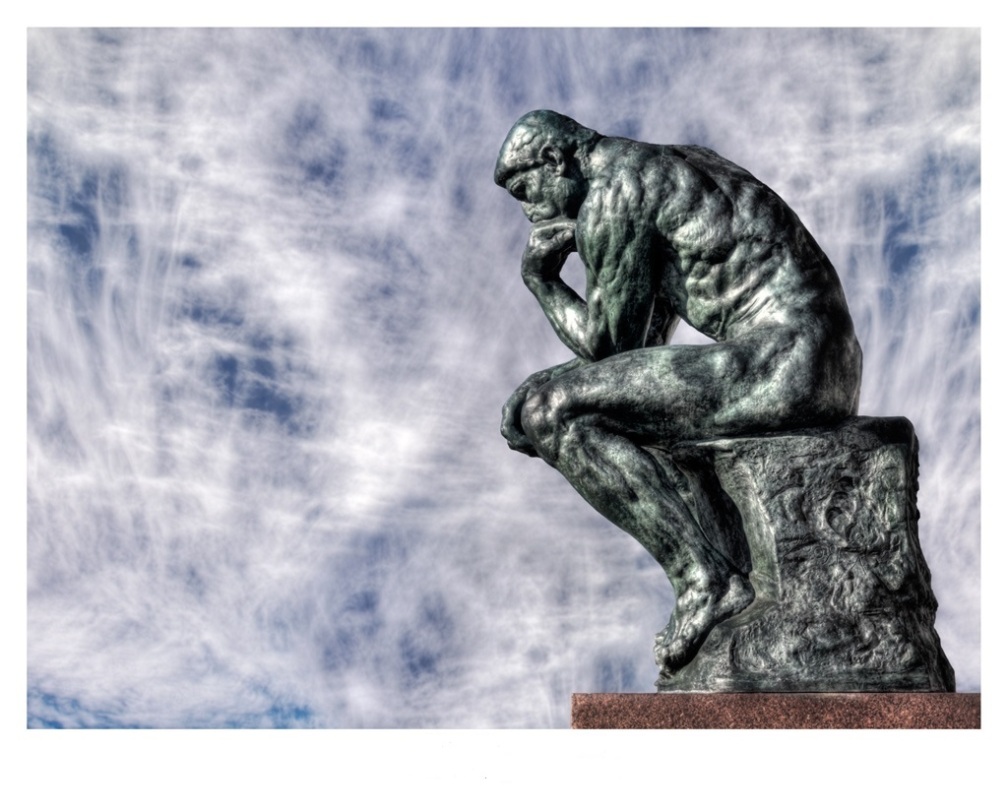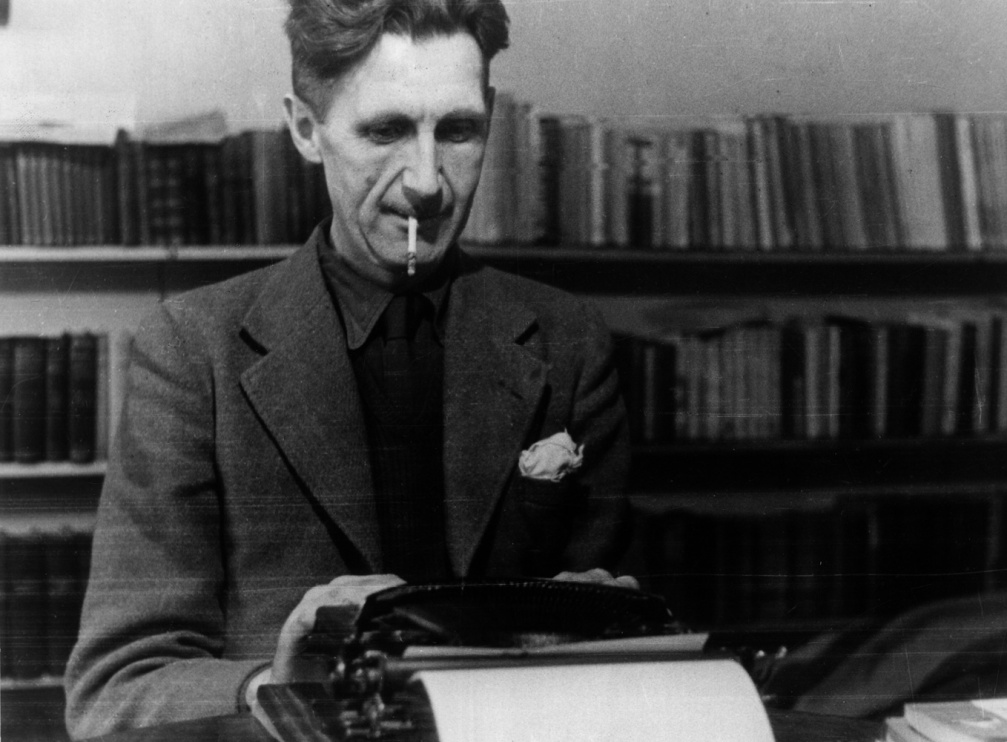My philosophy of life is quiet simple, portrayed in a word so overused through the tongue yet rarely depicted through action. Humbleness is my philosophy.
I am not writing this to tell you to simply “be humble”. I write what I write in order to dissect my perspective on the true meaning of the beautiful characteristic that is humbleness. I hope that you join me on this philosophical journey that popped into my head when I was seconds away from dreaming, however I find myself dreaming in a conscious state of mind and pondering about the adjective of being “humble” so here I am writing what I write.
The word is so romantic that it would be a tragedy for a person to label themselves with it, for to do just that would be quite the opposite of humbleness. The romance of the word does not end there, for it is so romantically delicate that it could be used as an adjective towards someone to give them your viewpoint on how “down to Earth” they are on the other hand it could be used in it’s evil form for means of lowering the subject’s status, importance, and feeling of fulfillment. The humbleness that I speak of is the virtue of looking at yourself for what you truly are with complete respect for who you’ve genuinely become to represent as a human being, defined by all your characteristics of good and bad.
I believe in good, ordinary, healthy humbleness. Represented here is my summary of a humble life, which should never be absorbed by the intellectual as fact but only as mere opinion hoping to guide a generation into a peaceful life with their self-conscious. It shouldn’t be taken as a complete set because humbleness can be found in many things.
Humble Love
To be humble is to be susceptible to acceptance. Love, as many have come to know, is not just the butterflies in your stomach at the sight of your other half. It is, on top of that, the founded or built-up respect for one another and the bravery of both sides when showing full commitment and promise to never hold such emotions toward others until death does them part.
I find love to be humble in various ways. I find it humble when love is allowed to flourish through a prolonged period of time, so prolonged that it would feel unnatural if the couple were not bounded and labeled by the uniting feeling of love.
I also believe in love that has been erupted through paramount mutual respect giving both sides a wall that they can lean on, not because they need it, but because they want to afford it to their other half in light of any circumstances that they might have.
I find humble love in a couple who find joy through a simple being of a child. Bound by an offspring and nothing more is surplus to requirement for love to flourish in such a humble way. Humble love is found in parents breaking a sweat and pulling through together with extra effort day in and day out to make sure that they are care-giving physically, intellectually, emotionally, spiritually, psychologically, and more to their offspring. A couple united by this supreme humble act is humble love at its max.
Most of all I find love to be most humble when it has experienced all these stages of humble love, which surely can be concurrent. Also, humbleness brings with it an aura of believing that the life events are preordained, and therefore I think it is very much humble of a being to accept the true love of their, would be, partner in life.
Humble in Possessions
To be humble is to be susceptible to acceptance. I write this phrase again in order to highlight its importance in general and in regards to the topic of “Humbleness in Possessions”.
In a world filled of thriving consumerism I find us, the current generation, to be least humble in this category. While our world is filled with hunger and parched with thirst some people see hopelessness and emptiness but I believe we should see an opportunity to use our surplus resources and take a step towards humility. THAT I believe is the most emotionally rewarding endeavour because no matter how much you sacrifice there will always be more room to let go of worldly possessions in order to put a smile on the hearts of those less fortunate than you and I.
While it is the most difficult it seems to be the simplest form of humbleness. To give away to souls in need even if it requires major expense on your part in terms of physical possession or social standards. What better way is there to make humanity more in sync and in touch than to lower one-self and raise others so as to make an effort to reach out towards each other and hope to shorten the distance in order to create some feeling of co-existence.
Humble Habits & Manners
In a humble state one does not allow jealousy to get the better of him or her, nor should one walk in arrogant style. We all live a life operated through a body that has been born through a mother and that will rot to the ground and what we are left with is our soul. Therefore, we should choose to nurture the soul with acts of kindness and humility over materialistic gains on the expense of others. At the end it is our souls that will live on after our bodies so let us prioritise the longer-lasting entity of ourselves.
It is important to let yourself get used to partaking in acts of humility, whatever the situation may be, from as small as holding the door for an old lady or feeding a meowing cat in hunger to as large as the situation may be. However, it is crucial to realise that you are doing your humble actions in return for nothing. It is one thing to be rewarded for your humble acts and accepting it and another thing to be partaking in a supposedly humble act with an expectation of a reward thereafter.
Habits do not define us and they shouldn’t, but we must work on them to give positive impressions to the world. Throughout my life I’ve found the humble ones to be the easiest to approach and speak to, so I find humble habits and manners to encourage the idea of creating a platform that is common under everyone’s feet.
What is Humble about Death?
Death is the ultimacy of humility. Death is a point in a person’s life where every materialistic possession is worth no more than absolute zero in relation to the deceased. Therefore, whether that person wills it or not he or she is going to be humbled down to where all of humanity will reside at a point in time, which is at the equilibrium point of nothingness. Many theologians, jurists, philosophers, spiritualists, and others argue about what the status of the self-entity becomes after death and how or rather whether or not it is judged by a higher power. But this is of no concern to the presented argument over here. The point in time which is brought forward here is the split second where the being ceases to exist in a human body, that moment of taking the first step into “the light”. Whether you believe in a judgment after-hand or not doesn’t make a difference regarding the eventual moment of humanitarian equilibrium.
People tend to perceive death as terrifying darkness without absolute evidence to support that. For all we know the deceased may be dancing on top of rainbows after the end of his or her life. There are many cases where death is perceived by the dying as the unshackling of the chains of life. Those with clean consciousness tend to be the most accepting to their inevitably imminent departure of life. To be humble is not always easy; it is a habit that requires constant reinforcement throughout life, which is why for some it is easy to accept the unescapable humility of death while others pit themselves in an emotional battle to the teeth even though the war has been lost.
While a person lays knowing his end is near, reminiscing may be alleviating or excruciatingly painful to the soul and mind, however with a humble life one can only reminisce satisfyingly and look towards the after-life with curious excitement. To accept death is a vital step in order to clear the consciousness of negativity. Accepting death also assists in dealing with personal matters that a person would like to tackle in order to have a clear consciousness at the moment of death. In death, acceptance is freedom, as in alcoholism, acceptance is the first step towards a sober life.
Some might argue that humbleness leads to unfulfillment of potential due to the susceptibility of accepting the current situation, position, or skill set and thus withholding from progressing further. While I concede that this is a common trap for a humble being, but it shouldn’t be so. I believe there is a difference between a humble dedicated person and a humble lethargic one. A humble person is a free one, looking to achieve the goals that are set by himself, because a humble person does not look for reward externally but he finds reward in his heart when it is content with his achievements, and that, I find to be, usually brings out higher potential than the limits that are set by “others” because who wouldn’t want to better themselves exponentially? For example, when a person graduates from school or university he is congratulated and rewarded by his peers and relatives, yet he hasn’t “achieved” anything that has affected the world yet, he merely was successful in preparing himself to become a bigger part of society and if that man was to be more fulfilled with external reward rather than internal he falls in the “trap” of being satisfied by what he has achieved rather than driven by what his self wants him to achieve in order to stamp his existence in a positive way on the world.
It is important to understand that, while there is extravagant potential for a person to be humble, it should not come in at the expense of others, because that would not be true to the characteristic. If there is a golden rule on the subject I’d say it is accepting the current life status that your storyline has taken you to, but also while looking forward with eyes focused on ways for self-betterment, societal advancement, and civilizational development. However, at the end one must realize that the best effort has been made and this is me, where I am, what I am, and who I am.










